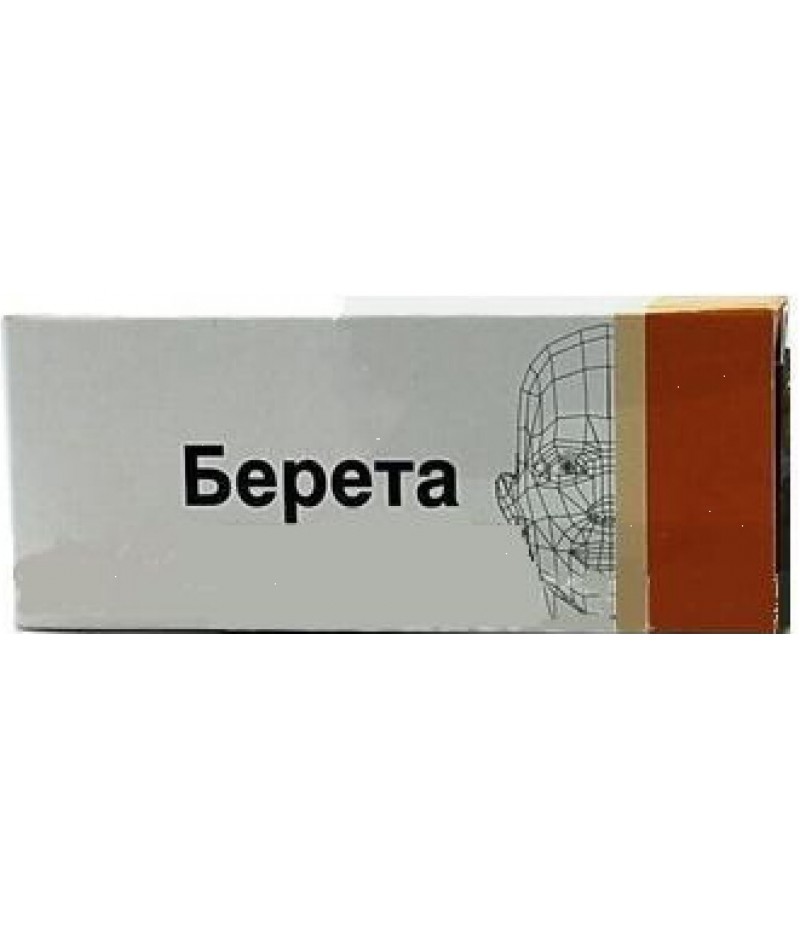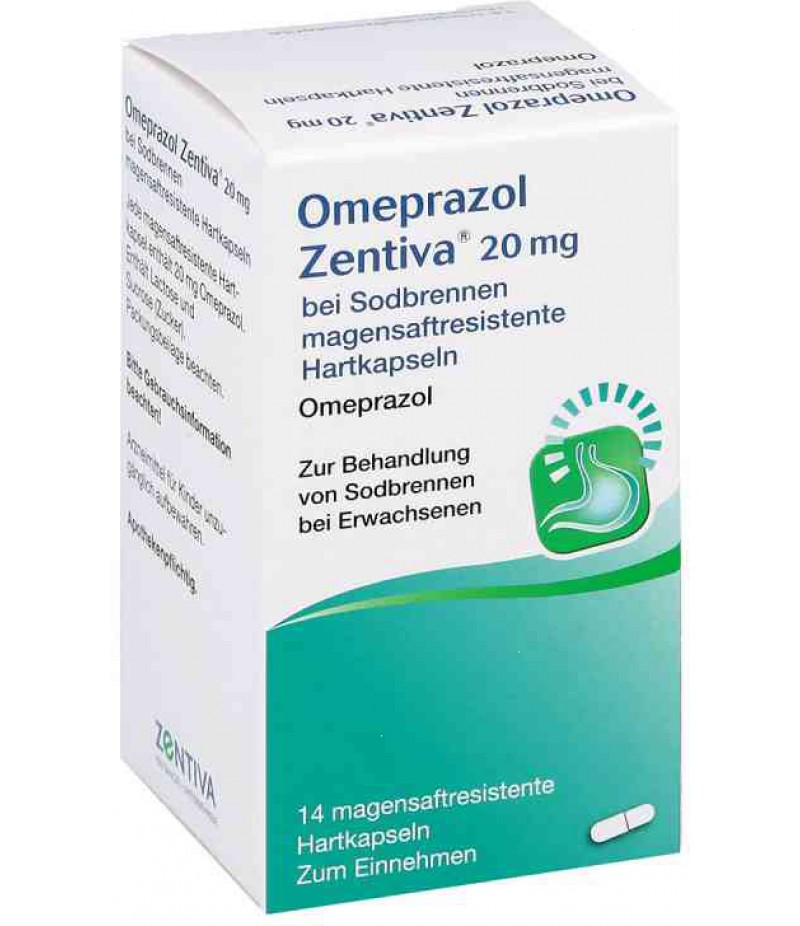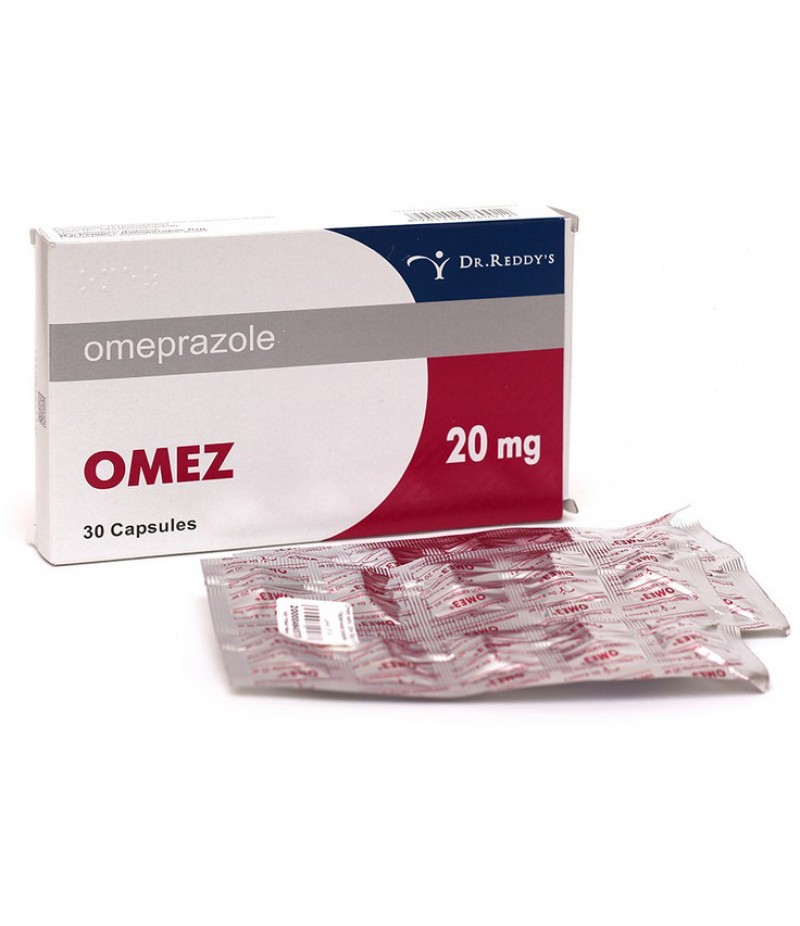Bereta tabs 20mg #14
- $28.95
- 3 or more $28.48
- Availability:In Stock
Instruction for Bereta pillsYou can buy tablets Bereta on this pageComposition1 tablet can include 10 mg or 20 mg of rabeprazole sodium, the active ingredient.Additional constituents: magnesium oxide, low-substituted giprolose, ma..
Tags: tabs
Instruction for Bereta pills
You can buy tablets Bereta on this page
Composition
1 tablet can include 10 mg or 20 mg of rabeprazole sodium, the active ingredient.
Additional constituents: magnesium oxide, low-substituted giprolose, mannitol, giprolose, magnesium stearate.
Inner shell (magnesium oxide, ethyl cellulose); outer shell (tablets 10 mg - acrylic-from pink, tablets 20 mg - acrylic-from yellow).
Form of issue
Veropharm produces Bereta in the form of tablets, 14 or 20 pieces in a secondary package.
pharmachologic effect
Atticecretory, antiulcer.
Pharmacodynamics and pharmacokinetics
The main effect of the active ingredient Berepa rabeprazole is aimed at suppressing the proton pump (H + / K + -ATPase) in the parietal gastric cells, the enzyme that plays the main role in the production of hydrochloric acid. The inhibition of this enzyme is dose-dependent and results in blocking the final stage, both stimulated by food, or other irritants, and basal secretion of hydrochloric acid.
In the case of oral administration, the absorption of rabeprazole occurs in the intestine. When using a dose of 20 mg TCmax approximately 3.5 hours. AUC and Cmax in the range of accepted doses from 10 to 40 mg have a linear dependence. Due to the "first passage" of the drug through the liver, its absolute bioavailability is approximately 52% and does not increase with repeated administration. Food intake has no effect on the duration and completeness of absorption of rabeprazole. The binding with plasma proteins is at the level of 97%.
Metabolic transformations occur in the liver under the influence of isoenzymes of the CYP system. The main metabolites are carboxylic acid and thioester, secondary products of metabolism, because of their low concentrations, are considered - sulfone, mercaptopuric acid conjugate and dimethyl thioester.
T1 / 2 is approximately equal to 60 minutes, the total clearance is about 283. The kidneys, in the form of metabolites of carboxylic acid and mercaptopuric acid conjugate, excrete approximately 90% of rabeprazole, the remainder is excreted by the intestine.
In patients who are at the terminal stage of CRF and undergoing hemodialysis (with a CC less than 5 ml / min), the Cmax and AUC values of rabeprazole were 35% less. Mean T1 / 2 during the passage of hemodialysis was 0.95 hours, after the end of the procedure - 3.6 hours, the total clearance is about 2 times higher.
In patients with hepatic failure (up to an average severity), a single dose of rabeprazole led to an increase in Cmax, AUC and T1 / 2.
With the slow metabolism of CYP2C19, the daily intake of 20 mg of rabeprazole over 7 days showed an increase in its Cmax by 40%, AUC by 1.9 times, and T1 / 2 by a factor of 1.6.
In elderly patients the excretion of rabeprazole is slightly delayed.
Indications for use
Bereta's medication is indicated for use in the treatment of:
gastroesophageal reflux;
peptic ulcer of the duodenum and stomach (in the period of exacerbation);
duodenal ulcer and stomach associated with Helicobacter pylori bacteria (in combination with antibiotic therapy).
Contraindications
Bereta's use is absolutely contraindicated when:
breastfeeding;
pregnancy;
personal hypersensitivity to rabeprazole or other substituted benzimidazoles, as well as to other components of drugs.
Side effects
Respiratory system:
rhinitis;
cough;
pharyngitis;
bronchitis;
sinusitis.
Digestive system:
flatulence / diarrhea;
nausea, vomiting;
constipation;
abdominal pain;
dry mouth;
eructation;
dyspeptic disorders;
anorexia;
stomatitis;
increased liver transaminase activity;
gastritis.
Nervous system:
increased nervousness;
headache;
asthenia;
feeling dizzy;
insomnia / drowsiness;
depressive conditions;
disorders of taste and visual function.
Allergic manifestations:
rash / itching of the skin;
anaphylactic phenomena.
Others:
pain in the back and chest;
influenza-like syndrome;
chills;
myalgia;
leg cramps;
urinary tract infections;
fever;
arthralgia;
weight gain;
hyperhidrosis;
leukocytosis.
Bereta, instructions for use
Bereta tablets should be taken whole orally (orally) in a single dose of 10-20 mg, washed down with 100-200 ml of water. Frequency of reception and its duration are calculated depending on the observed painful condition and the therapy scheme used.
Overdose
Bereta overdose cases have not been described. If you accidentally take excessive doses of the drug and detect any negative phenomena, you should take standard counteracting measures in such situations (calling up vomiting, cleaning the digestive tract, taking sorbents), as well as conducting symptomatic treatment.
Interaction
Parallel administration of rabeprazole with digoxin may lead to an increase in plasma concentrations of the latter.
The combined use with ketoconazole and similar preparations reduces their bioavailability.
Terms of sale
To buy Bereta online you don't need a prescription.
Storage conditions
Limitations on the storage temperature of tablets is 25 ° C.
Shelf life - 2 years.
special instructions
Before starting Bereta's therapy, possible malignant neoplasms of the gastrointestinal tract should be excluded, since the effects of rabeprazole may mask tumor symptoms and delay timely diagnostics.
There is no need to adjust the dosage regimen in the treatment of patients with liver / kidney pathologies, but with severe liver disease, rabeprazole therapy should be administered with caution.
In the case of a parallel administration of Digoxin and Ketoconazole, their doses should be corrected.
In studies of carcinogenic effects, rabeprazole has not been established, but the study of mutagenicity has shown mixed results. The testing of lymphoma cells in rodents gave a positive result, while the DNA repair test and the micronucleus test were negative.
Children
Due to the lack of clinical experience in the use of Bereta's drug in children, it is not prescribed for therapy in this age category.
In pregnancy and lactation
Taking Bereta tablets while breastfeeding and pregnancy is contraindicated.
Reviews
Reviews about the drug Bereta are not so numerous that it was possible to draw an unambiguous conclusion about the effectiveness of this drug and the safety of its use, however, judging by the reviews on its active ingredient, - rabeprazole - the drug should have a fairly rapid effect when using even small doses. Also, the advantage of this drug is a low incidence of side effects and a small cost compared to its counterparts.



